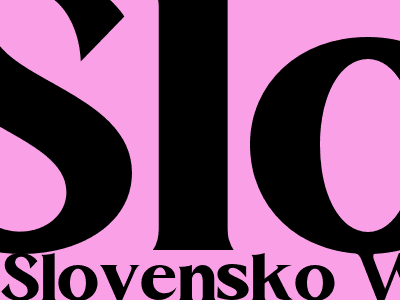Exploring the Unique Ties and Distinctive Cultures of Slovensko and Wales
A Cultural Kaleidoscope: Unveiling the Similarities and Differences
Nestled amidst Central Europe and the rolling hills of the British Isles, Slovensko (Slovakia) and Wales share a captivating tapestry of cultural heritage. While distinct in their own right, these two nations exhibit intriguing similarities and differences that make them fascinating subjects of comparison.
One striking commonality lies in their rich linguistic traditions. Both Slovak and Welsh are Celtic languages, belonging to the Indo-European language family. This shared linguistic heritage has left an indelible mark on their respective cultures, shaping their folklore, literature, and music.
However, their geographic separation has fostered unique cultural identities. Slovensko, situated in the heart of Europe, has been influenced by Slavic, Hungarian, and Austro-Germanic cultures, resulting in a vibrant blend of traditions. Wales, on the other hand, has developed a distinct Celtic identity, heavily influenced by its maritime heritage and the rugged beauty of its landscape.
Historical Parallels: Shared Triumphs and Challenges
Shared Struggles for Independence
Throughout their histories, Slovensko and Wales have faced similar challenges in asserting their autonomy. Slovensko emerged as an independent nation in 1993 after the dissolution of Czechoslovakia, while Wales has long been a constituent country within the United Kingdom, seeking greater devolutionary powers.
Both nations have grappled with the complexities of national identity and the desire for self-governance. In recent decades, the rise of nationalist movements in both countries has sparked debates about the future of their respective nations.
Economic Transformations
Slovensko and Wales have undergone significant economic transformations in recent decades. Slovensko has transitioned from a centrally planned economy to a market economy, while Wales has shifted from a reliance on heavy industry to a more diversified economy.
These economic changes have had a profound impact on their societies, leading to both challenges and opportunities. While both nations have experienced economic growth, they have also faced challenges such as unemployment and regional disparities.
Cultural Heritage: Folklore, Traditions, and Artistic Expression
The cultural heritage of Slovensko and Wales is a rich source of pride and identity for their respective peoples. Both nations boast a vibrant folklore tradition, replete with enchanting tales of mythical creatures and heroic figures.
Slovak folklore is deeply rooted in Slavic mythology, while Welsh folklore draws inspiration from Celtic legends. These stories have been passed down through generations, shaping the cultural consciousness of both nations.
In terms of artistic expression, Slovensko is renowned for its traditional folk music, known for its intricate melodies and lively rhythms. Wales is celebrated for its choral singing tradition, particularly its male voice choirs, which have achieved international acclaim.
Modern Connections: Shared Values and Contemporary Collaborations
Despite their differences, Slovensko and Wales share many common values, including a deep respect for their cultural heritage and a commitment to social justice. These shared values have fostered ongoing collaborations between the two nations.
In recent years, there have been numerous cultural exchanges, educational partnerships, and economic initiatives between Slovensko and Wales. These collaborations have strengthened the ties between the two nations and contributed to mutual understanding.
As Slovensko and Wales continue to evolve in the 21st century, their shared history, cultural similarities, and modern connections will undoubtedly continue to shape their unique identities and forge enduring bonds between their peoples.

Komentar